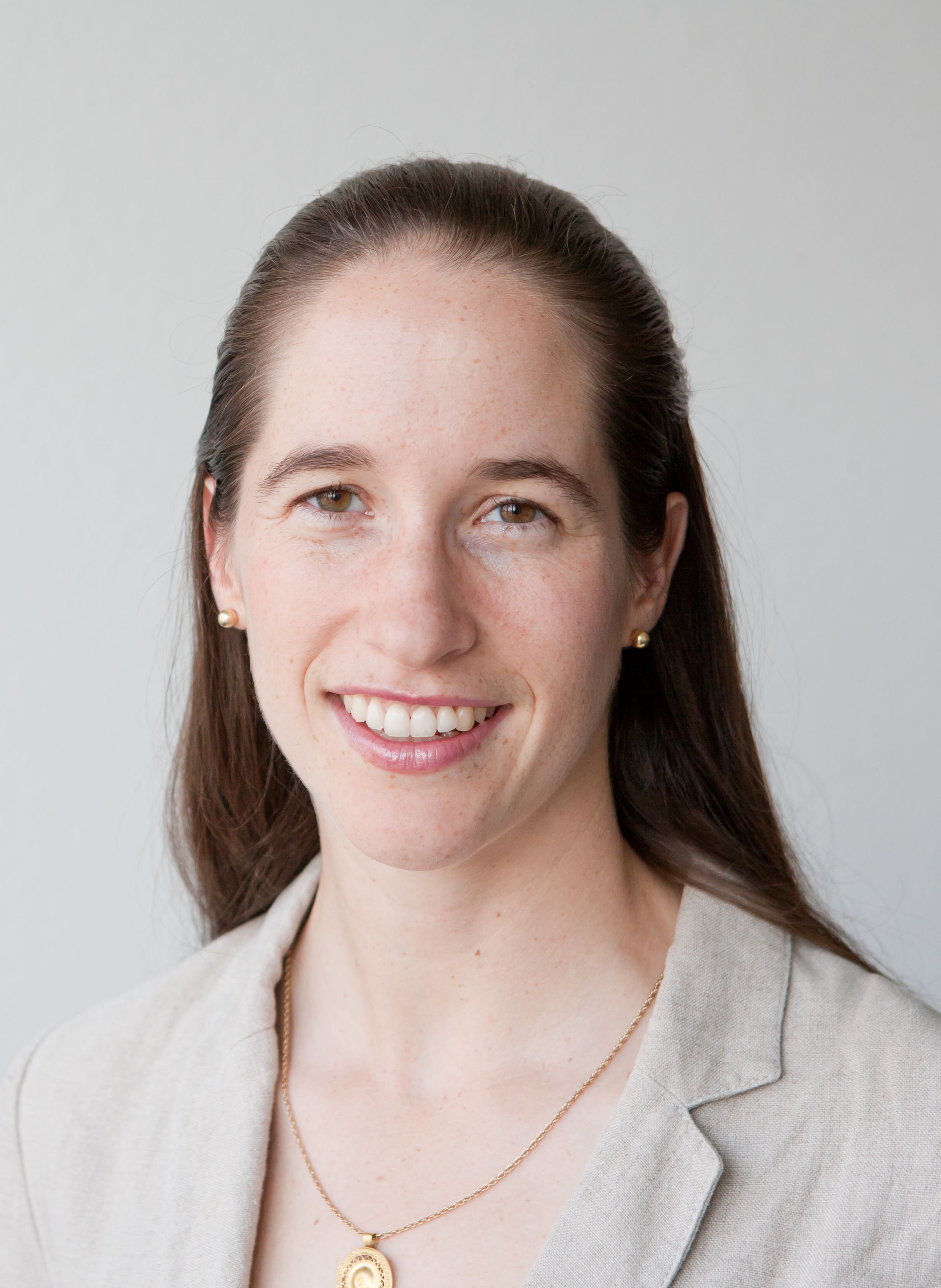
Abstract
Materials with nanoscale dimensions often exhibit novel optical and electronic properties that could improve the performance of optoelectronic and electrochemical systems; however, transport in solids made of these materials remains poorly understood, leaving significant room for improvement in the way these materials are integrated into devices.
This talk will introduce our research activities at the Laboratory for Nanoelectronics, which focus on the development of analytical techniques to study the electronic and ionic transport in solution-processed structures composed of materials with nanoscale dimensions. The understanding gained from these studies is then applied to developing new materials and device architectures for optoelectronic and electrochemical energy storage applications.
The talk will present three examples of our work pertaining to LEDs, solar cells, and batteries. First, I will introduce the concept of capacitive-based structures to experimentally investigate the origins of luminescence quenching in colloidal nanocrystals (NCs) and explain how we used them demonstrate a fundamental tradeoff facing bandstructure engineering of NCs for LED applications. Second, I will explain how we perform the first quantitative measurements on electronic trap states in NC solids and explore their impact on solar cell performance. Third, I will discuss our work on synchrotron x-ray tomography to visualize and quantify the materials and microstructure in lithium ion batteries to understand current performance limitations and possible solutions.
Biography
Vanessa Wood currently heads the Laboratory for Nanoelectronics at ETH Zurich, where she is an assistant professor in the Department of Information Technology and Electrical Engineering. In 2012, she was awarded the Intel Young Faculty Career Honor Award. Before joining ETH Zurich in 2011, she was a postdoctoral associate in the laboratory of Professor Yet-Ming Chiang and Professor Craig Carter in the Department of Materials Science and Engineering at MIT, performing research on novel lithium-ion battery systems. She received her MSc and PhD from the Department of Electrical Engineering and Computer Science at MIT. Her graduate work was done in the group of Professor Vladimir Bulović and focused on the development of optoelectronic devices containing colloidally synthesized quantum dots. While a MS/PhD student, she held the National Defense Science and Engineering Graduate (NDSEG) Fellowship and a National Science Foundation Graduate Fellowship. She holds a BS in Applied Physics (2005) from Yale College.